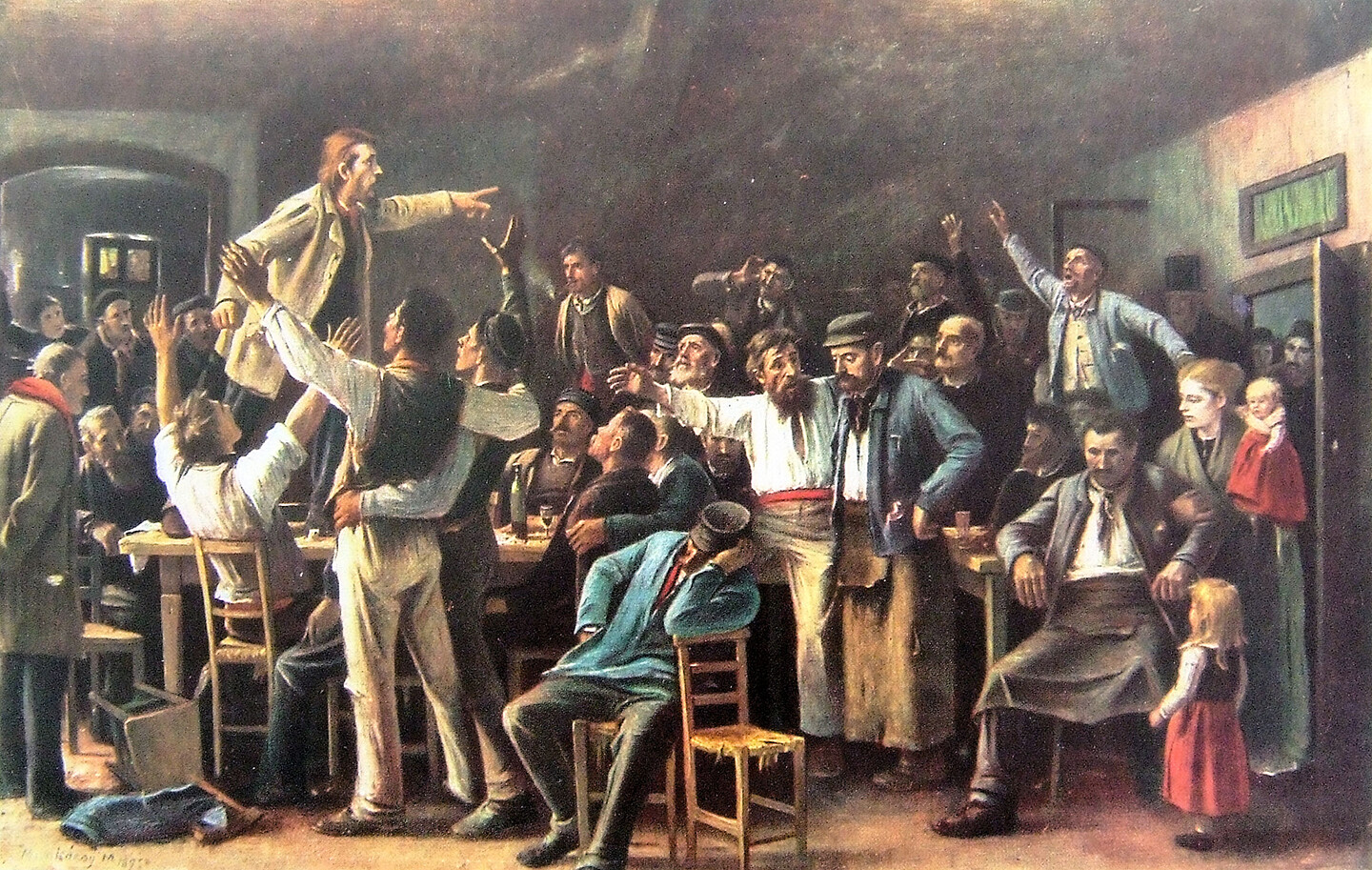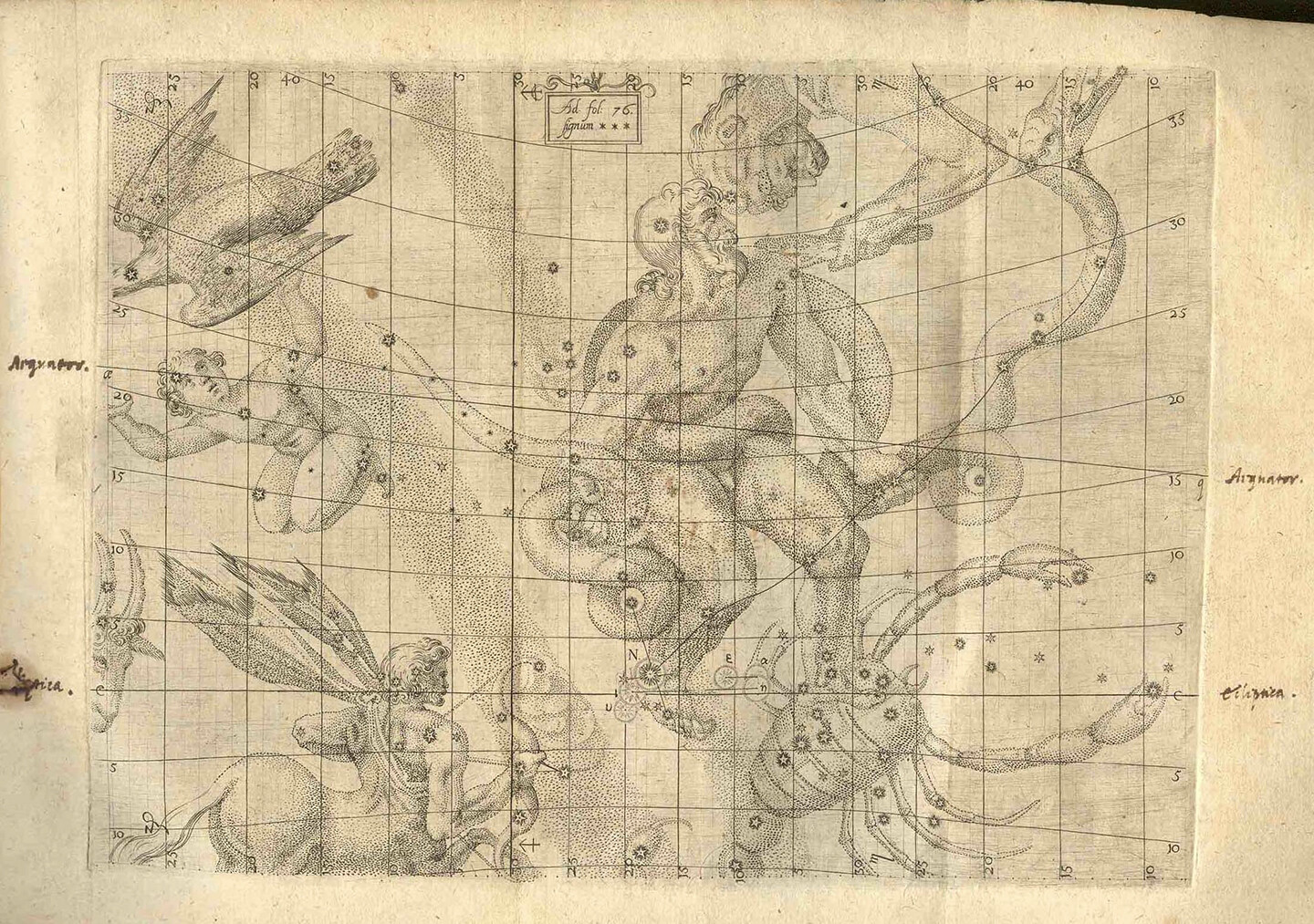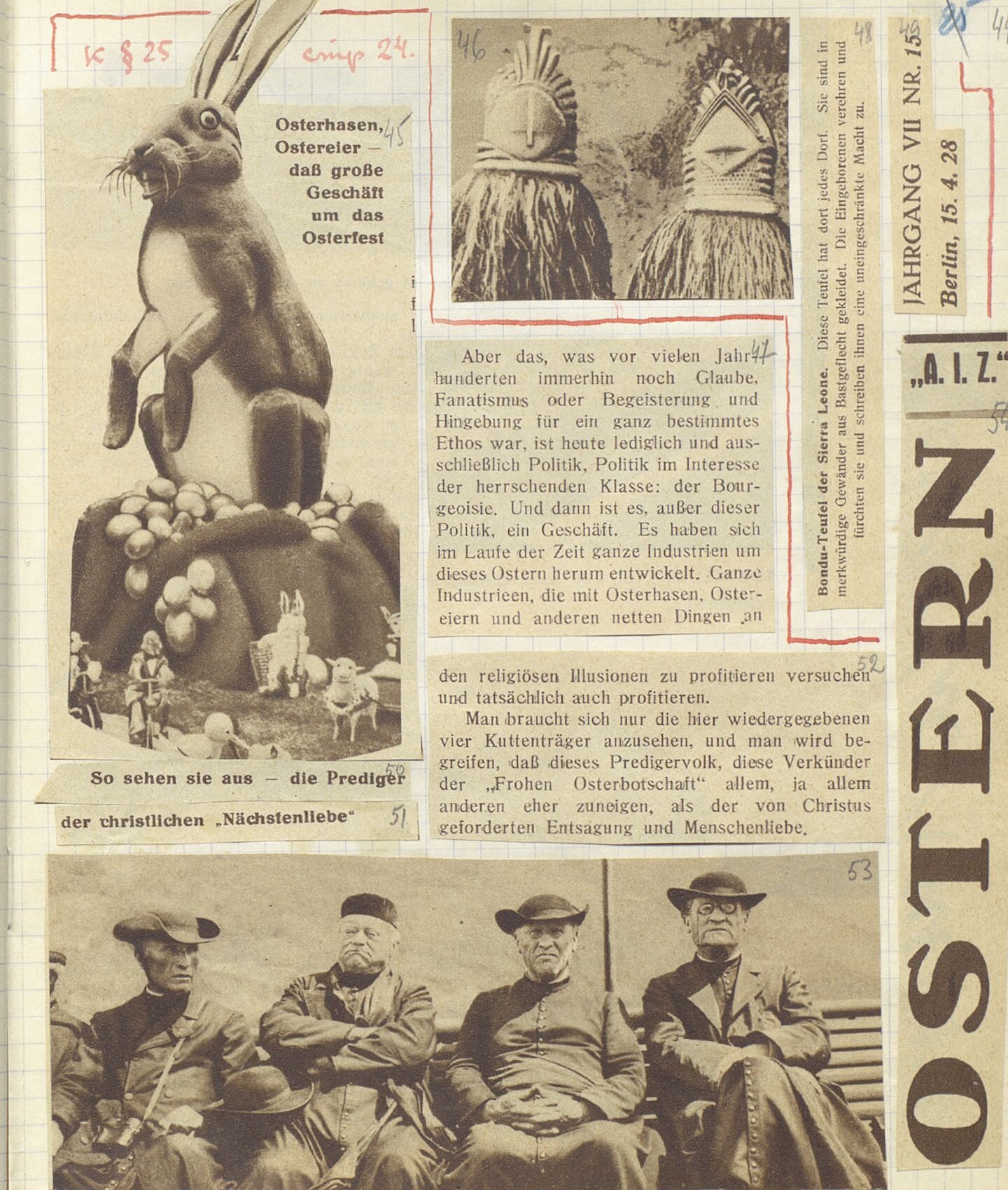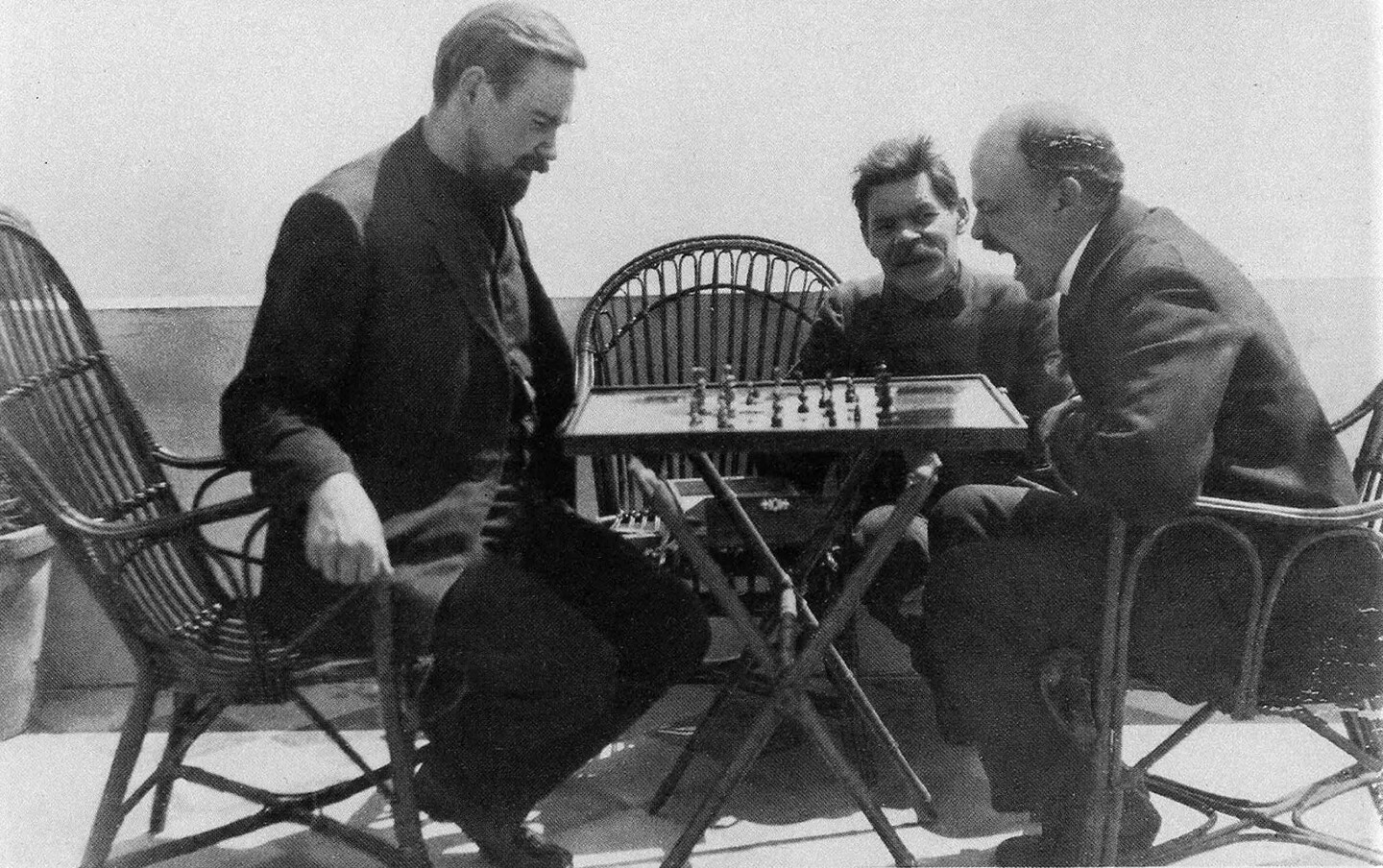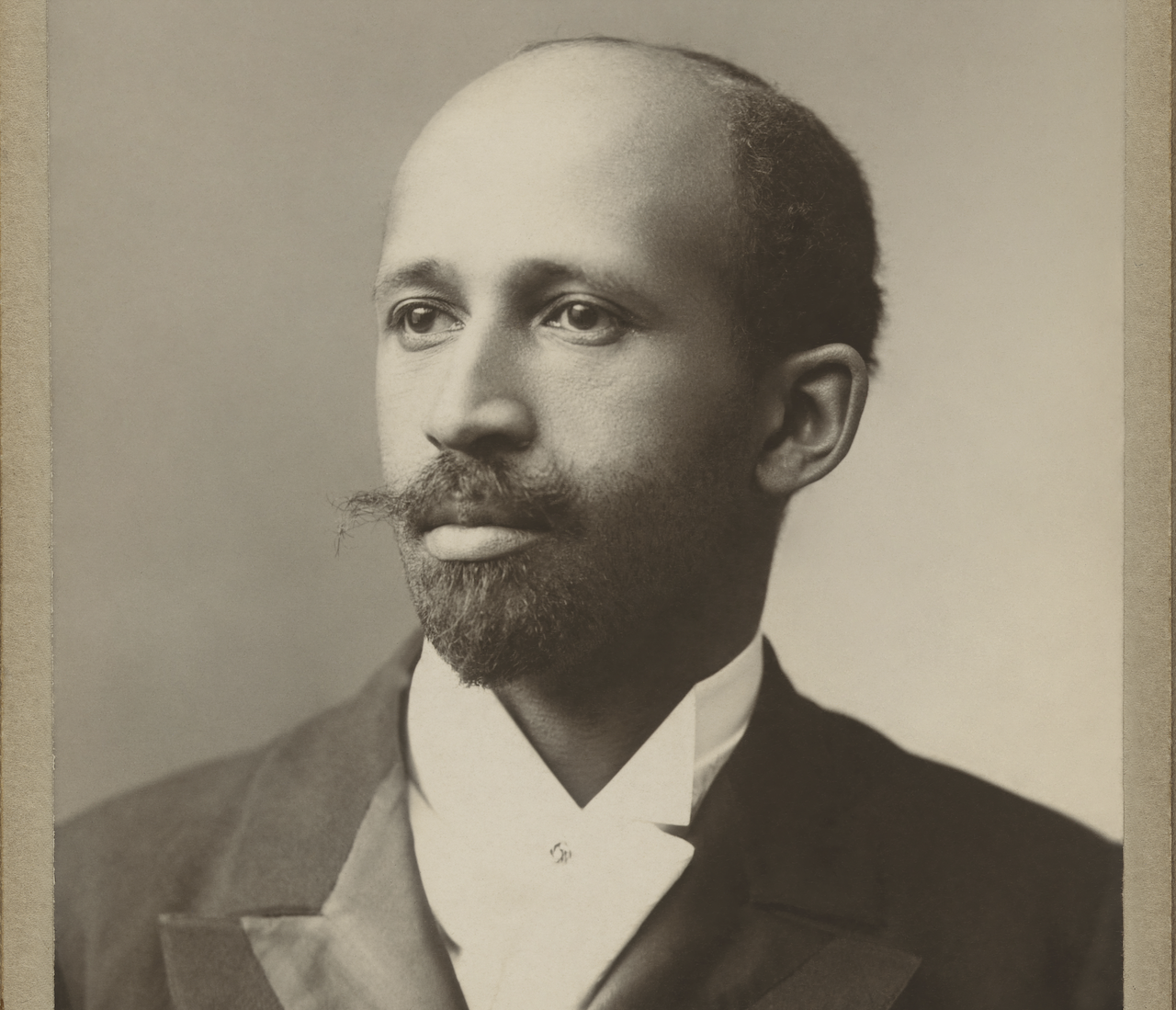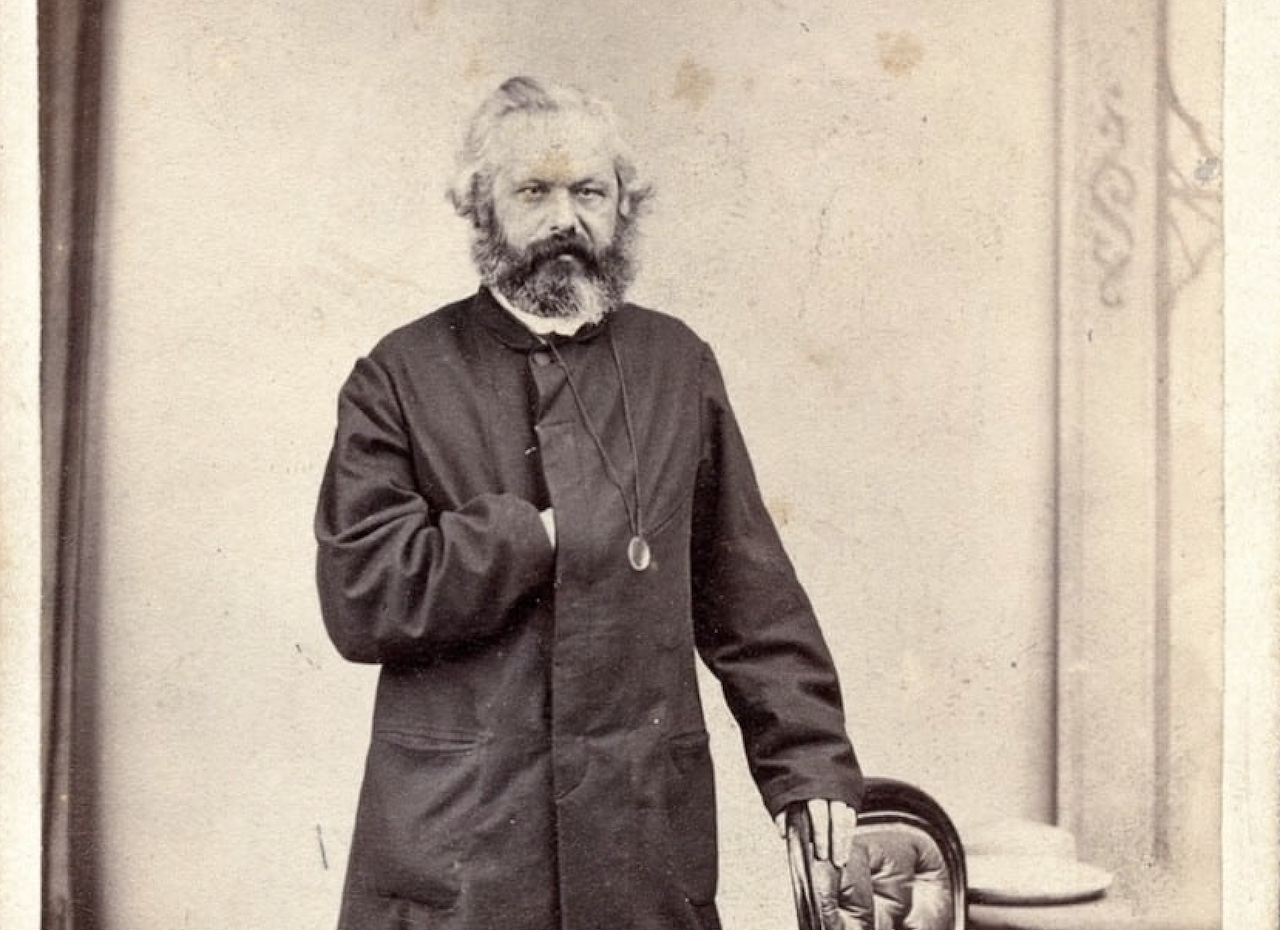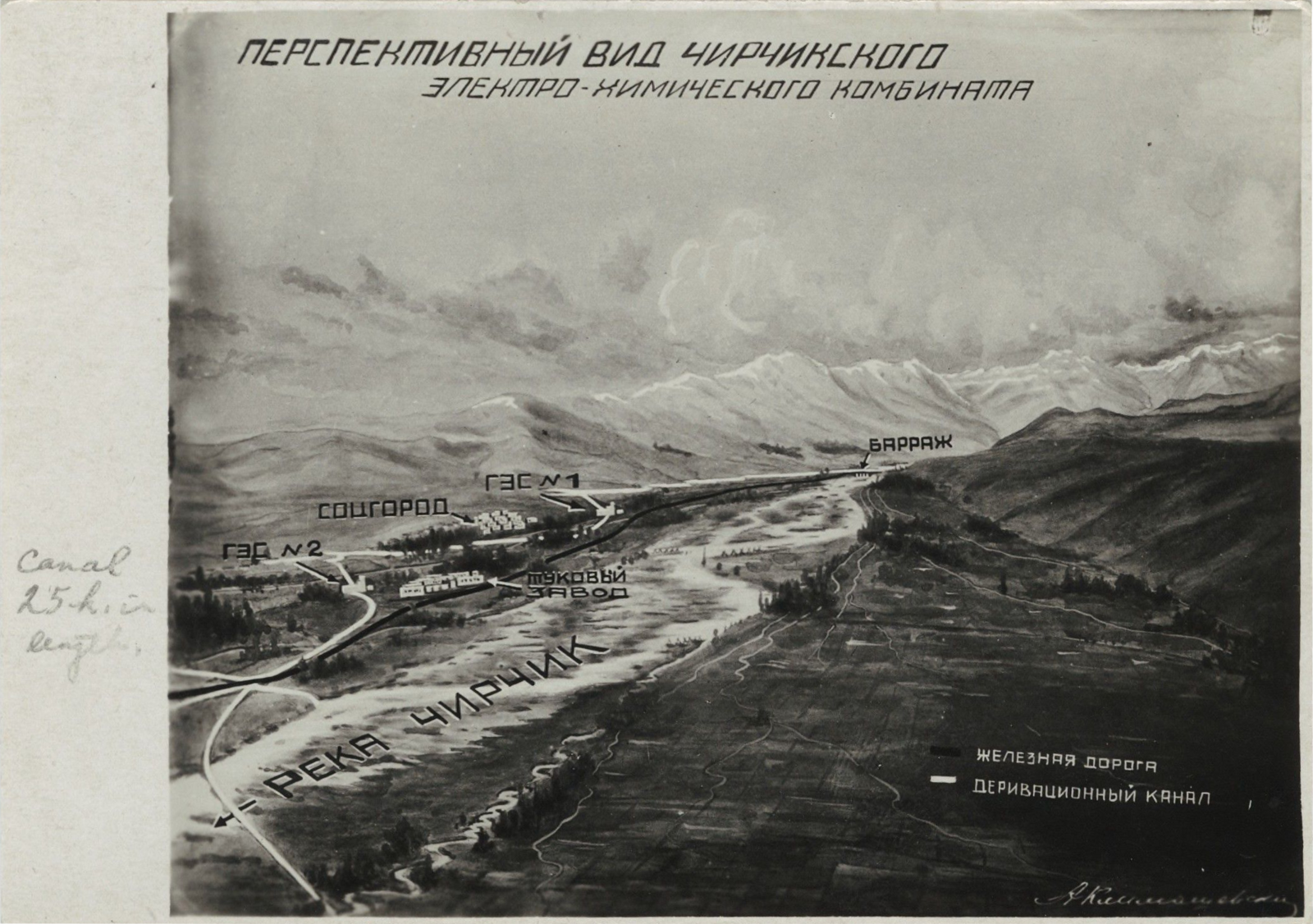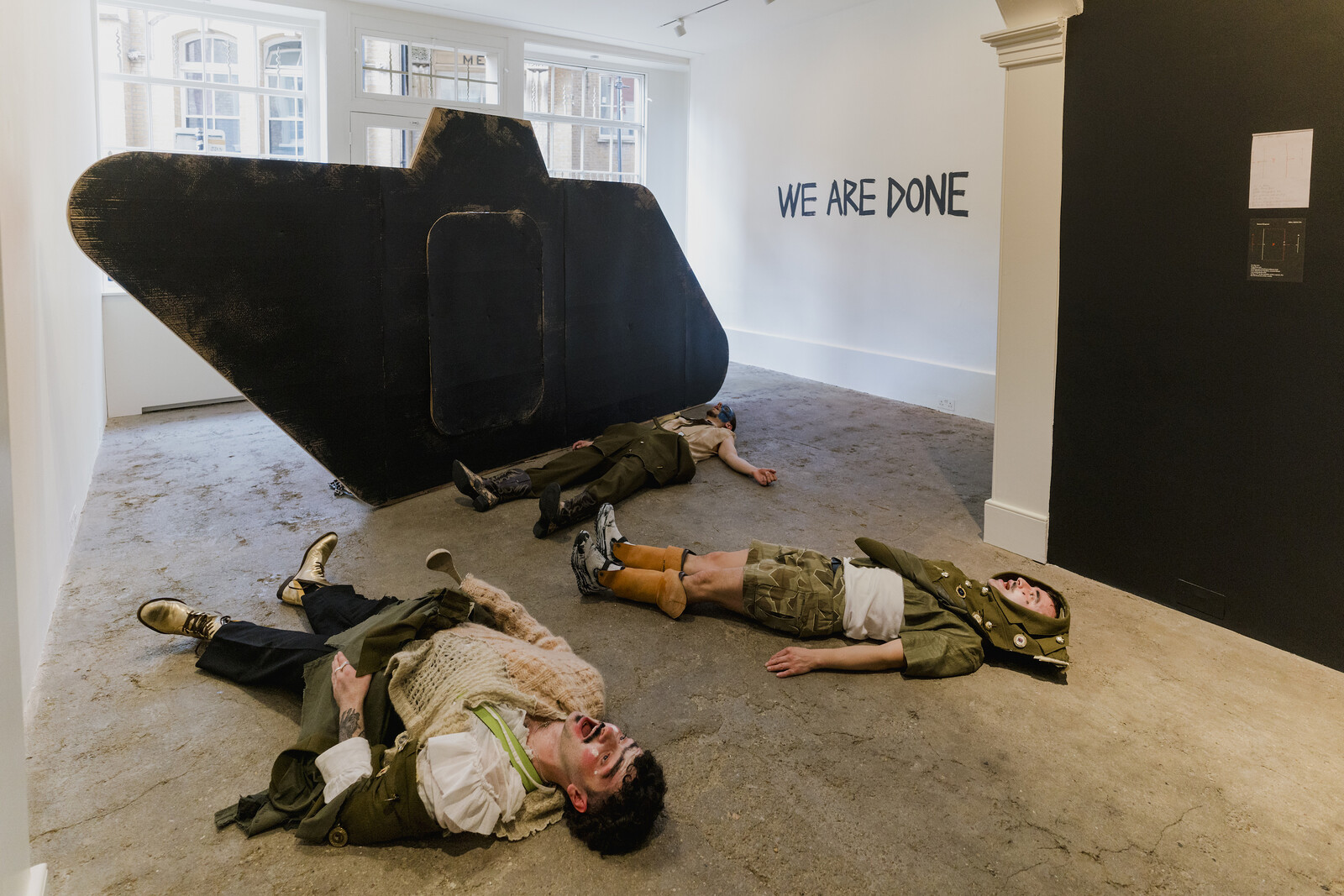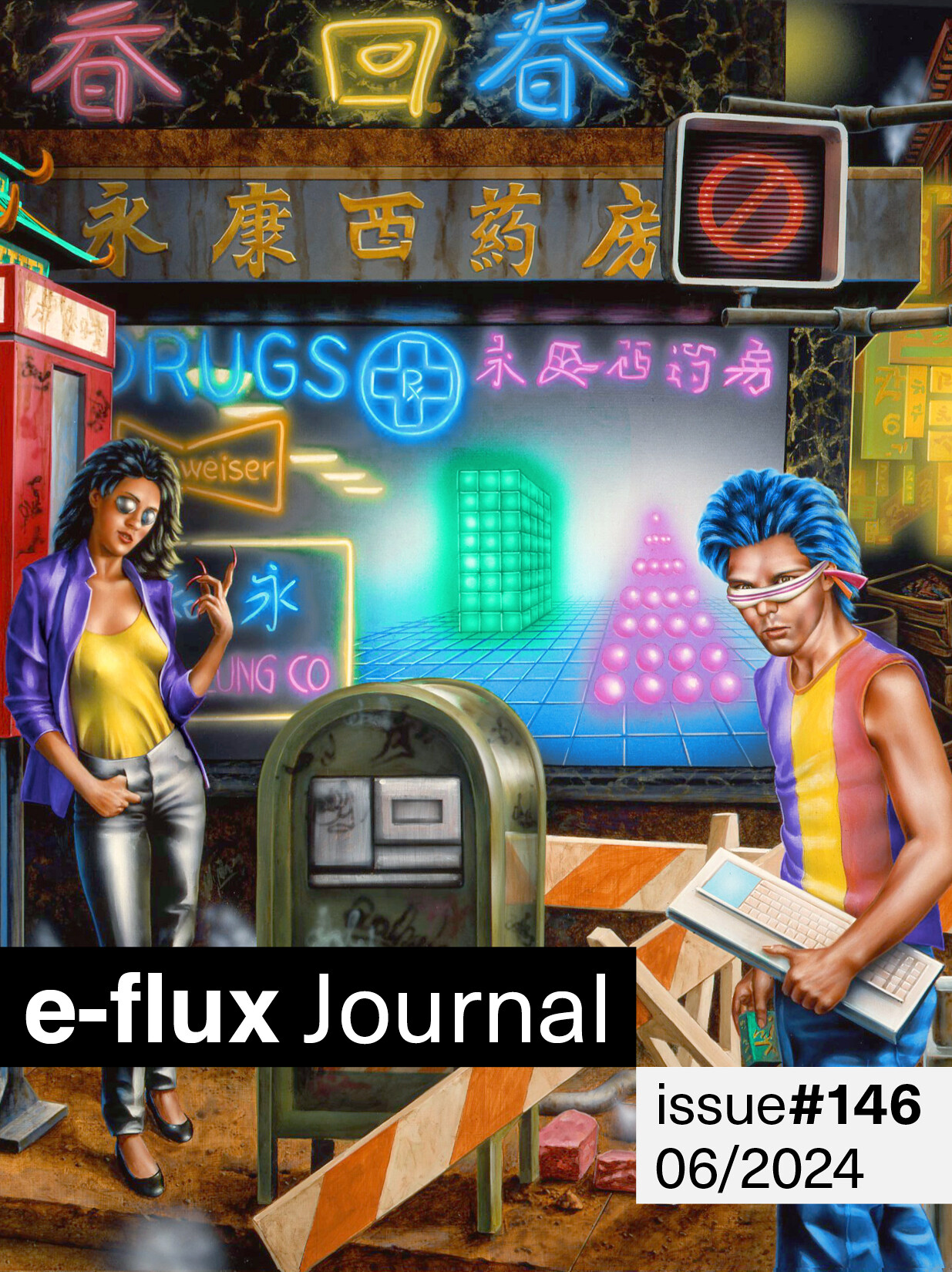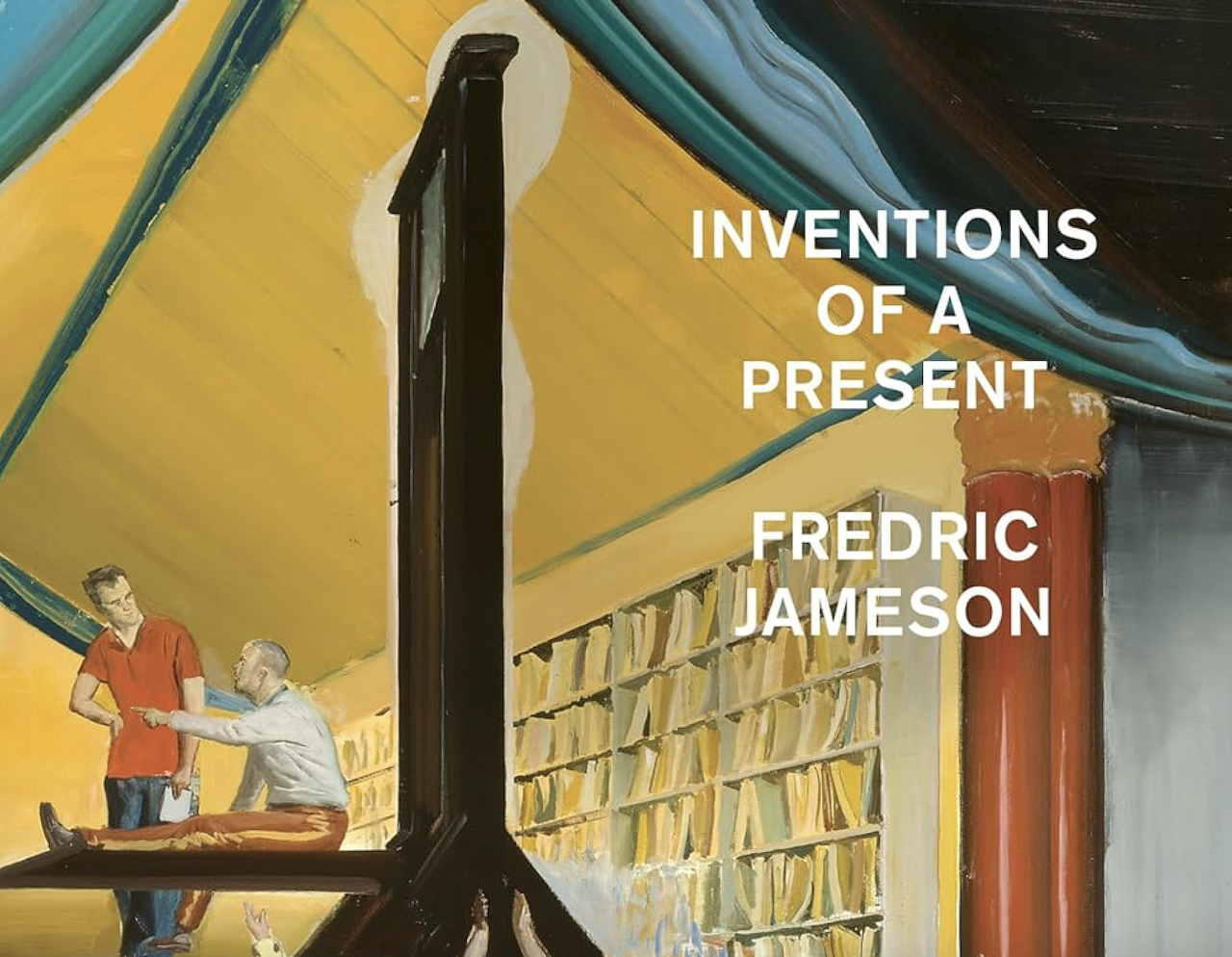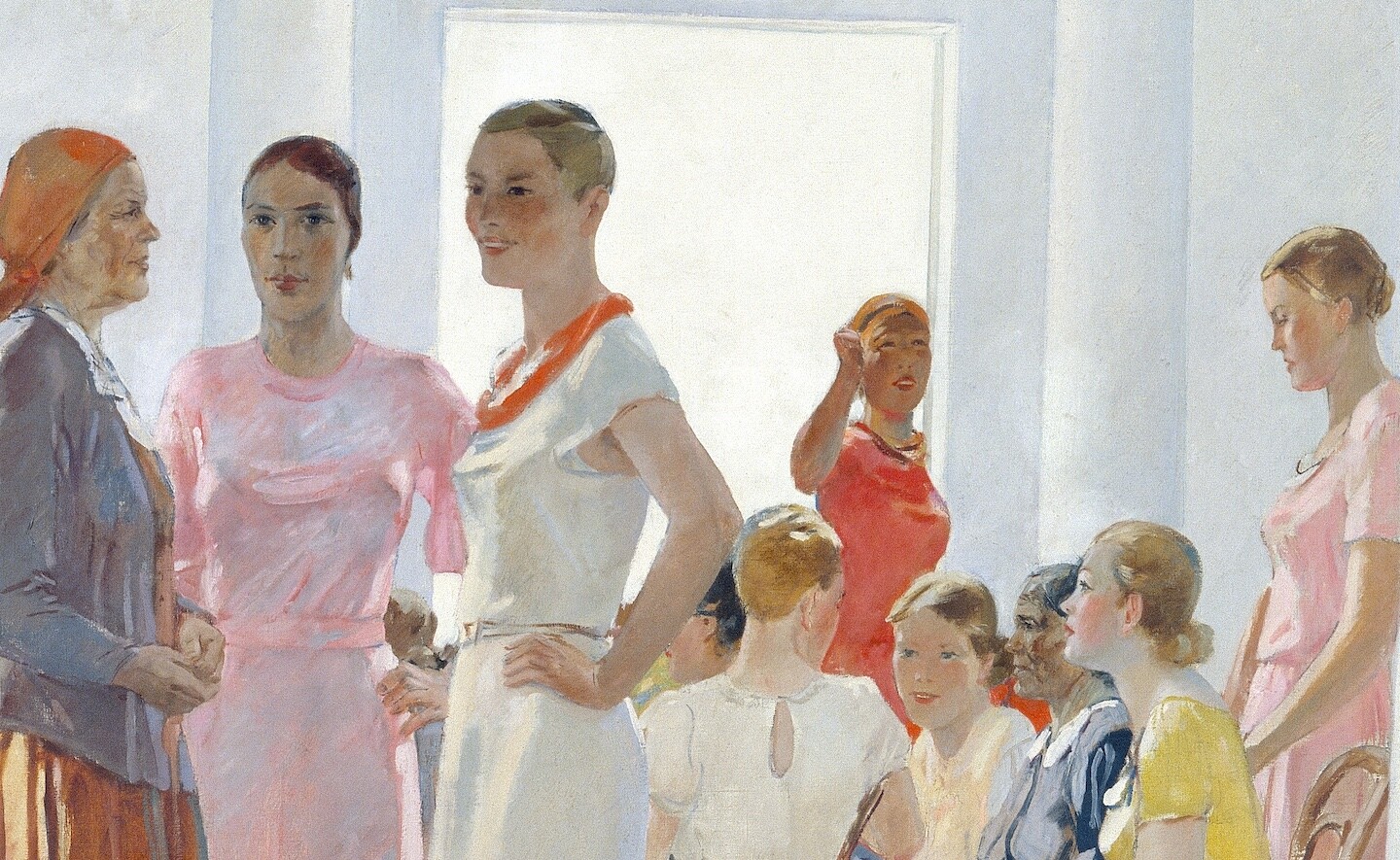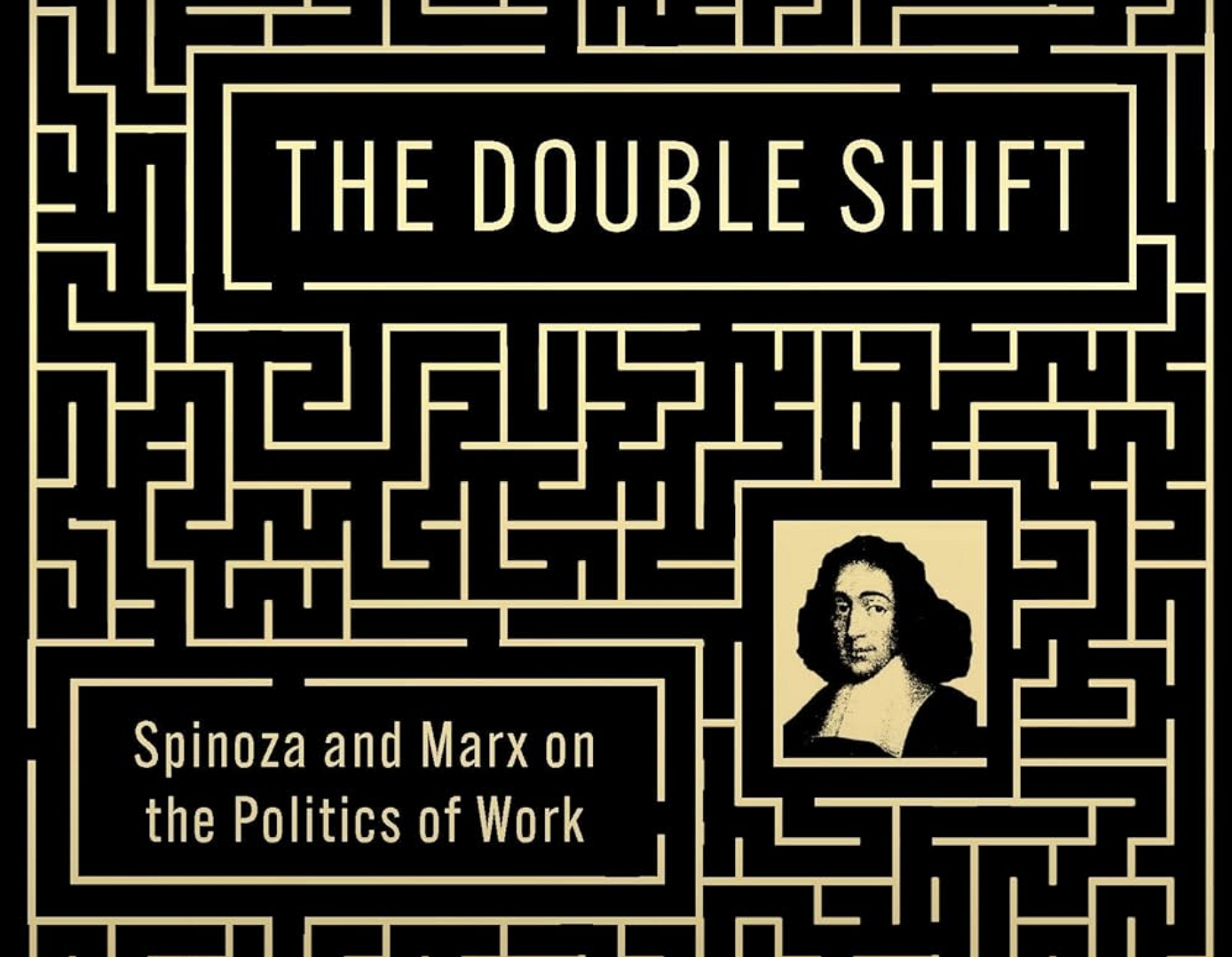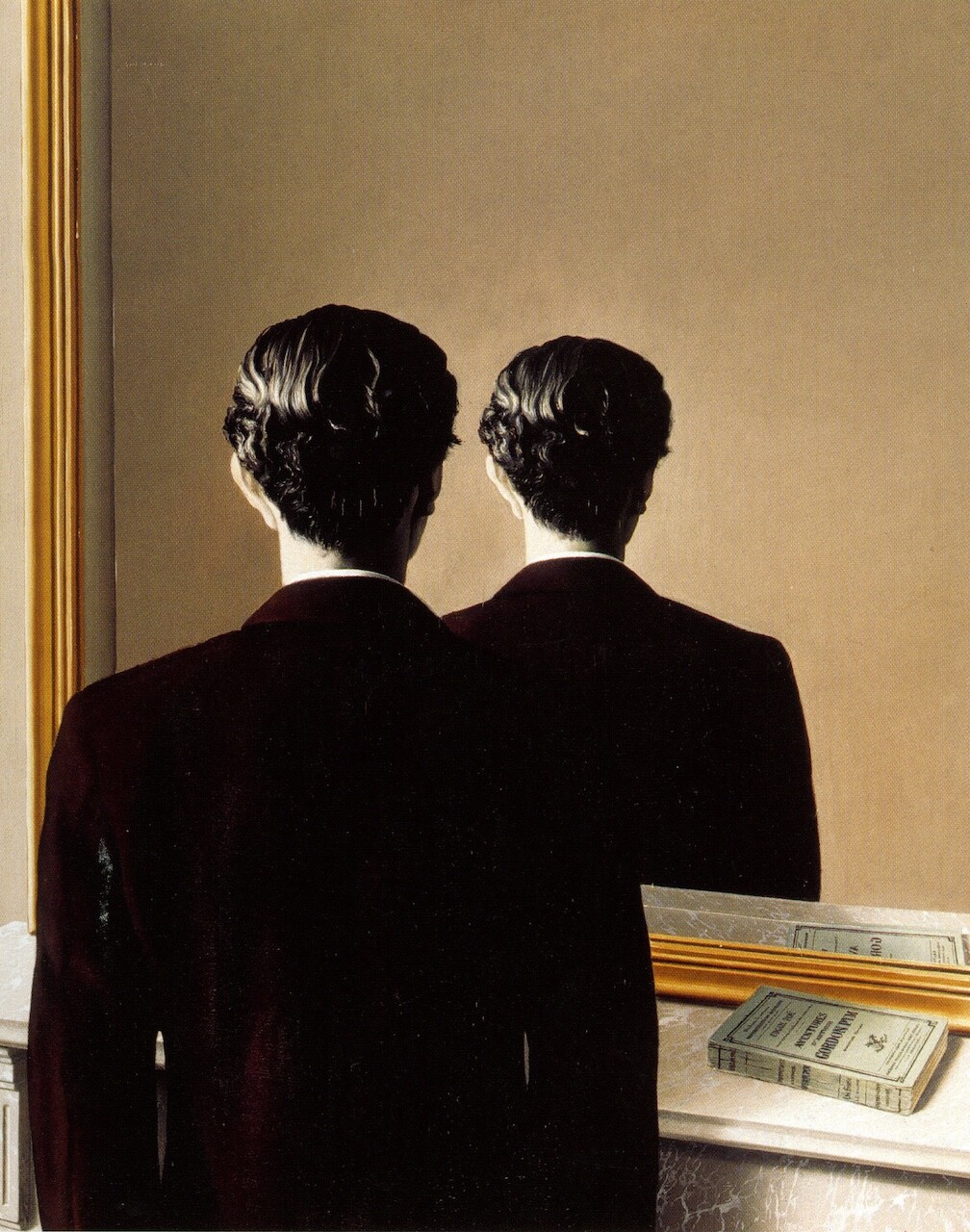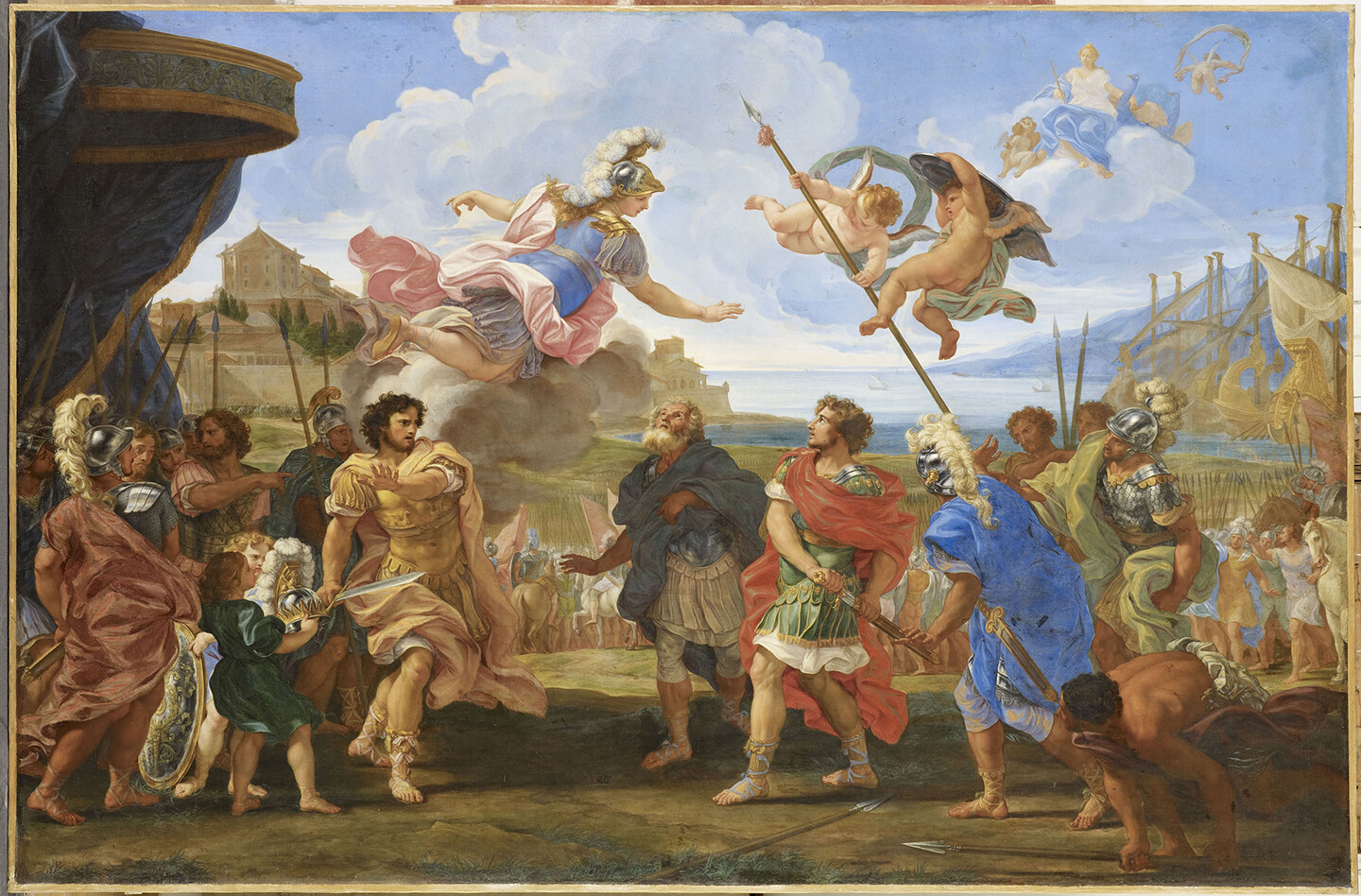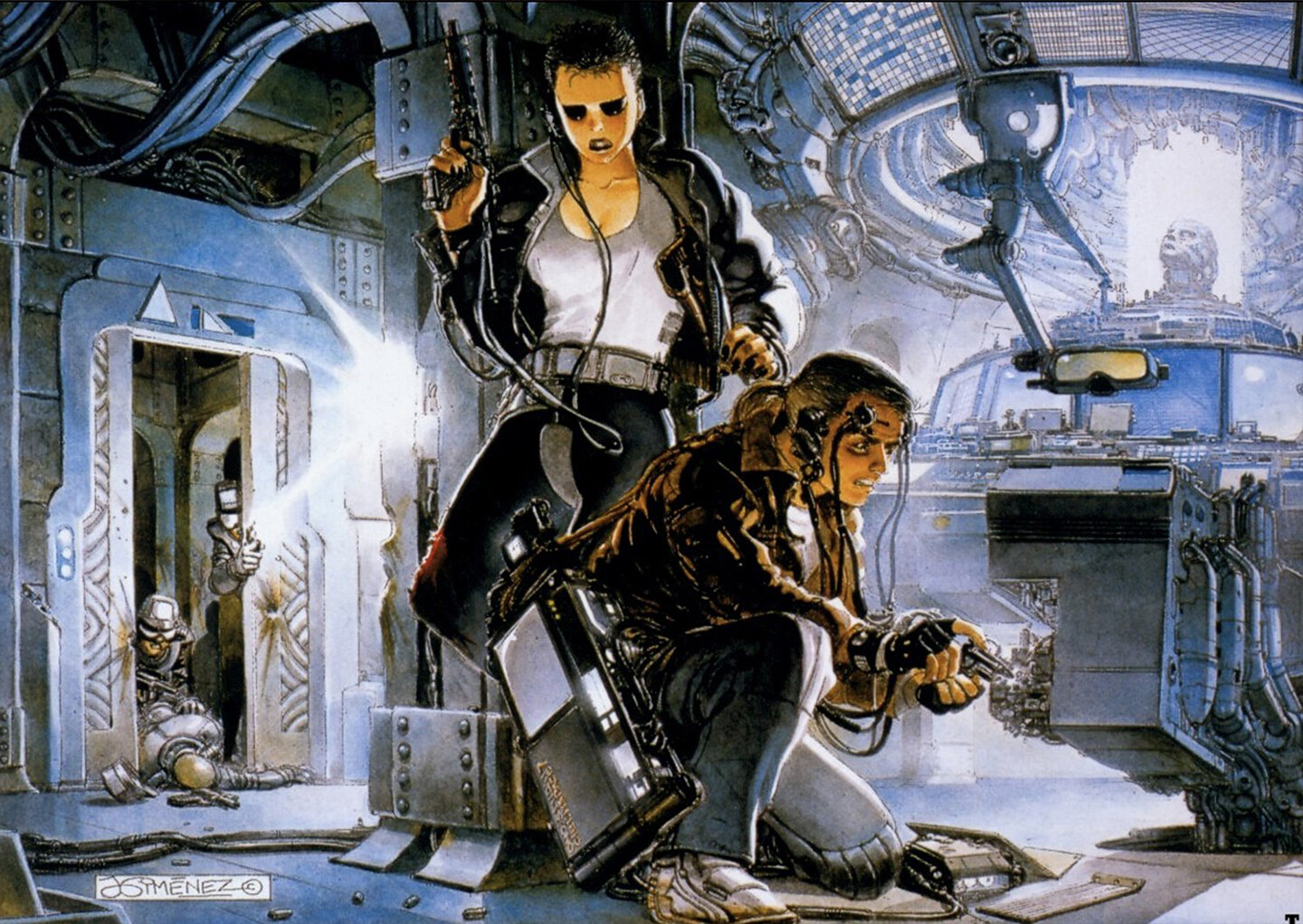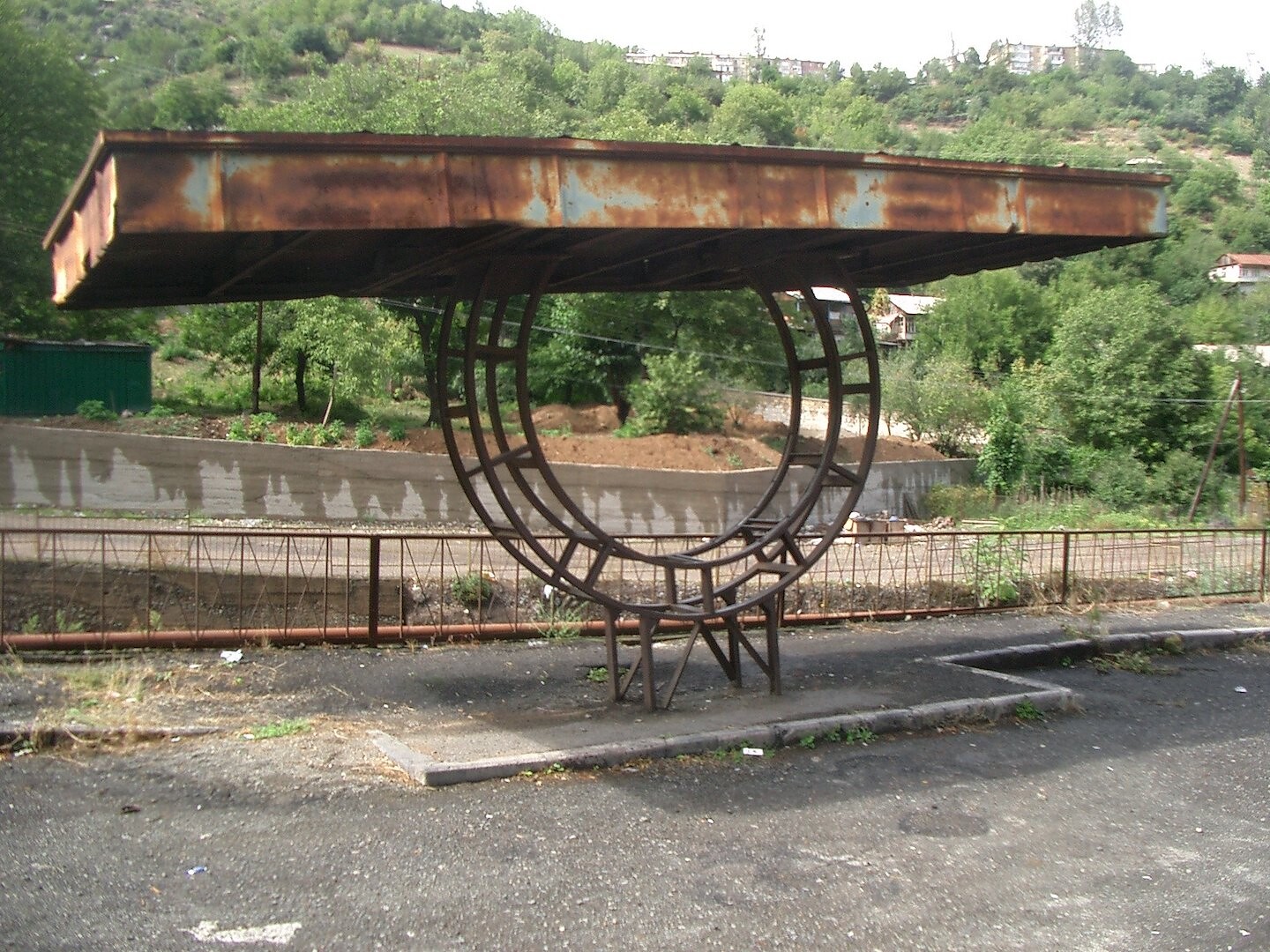The concept of value is nothing, for communists, if not a crosshair that flashes red when we need to smash something. There is also in Marx a tendential theory alongside the heuristic theory. The light of communism revealed for Marx a directionality to capitalist production, one that pointed toward its ruin but also its overcoming by communism.
What is, then, organization? Aleksandr Bogdanov’s Essays in Tektology offers two distinct and complementary definitions, one indirect, the other explicit. If human labor discovers that “any product is a system organized from material elements by means of joining them with the elements of energy of human labor,” then it is possible to generalize from this that organization consists of the joining of elements through the expenditure of energy. “No conjunction whatsoever—not only this, biological, but none whatsoever, in the most general tektological sense of the word—can occur without an expenditure of activities,” hence also energy.
The formation of a market economy (merchants as masters) widens and expresses something not new—capital—in a very new way. With the supernovas, academic knowledge divorces the church and marries capital. And this new union, this encompassing fate for the world, was not written in the stars (or spontaneous). It’s conceivable that after 1579, a thousand more years might have passed without a break from Aristotle. Civilizations might have risen without any concession to the market economy. West African drumming might have continued its dominance over long-distance communication. It was the second supernova that sealed the deal for the emergence and expansion of the universal market. Giambattista Vico, Adam Smith, Hegel, and ultimately Marx confused this specific form of universal history with the transhistorical history of “mankind.”
Sergei Eisenstein’s Capital Diaries: Talk and Screening by Elena Vogman with Michael Kunichika
But is such emancipatory potential congruent with game mechanisms that are inherently violent or that establish agonistic relations between players? Today, leftist game designers and many serious, cooperative, and social simulation games tend to eradicate these traits entirely. Rather, the scope and key challenges of such games designed as supposed forces of good appear dependent on the foreclosure of difference, nesting their stimulus instead in the pacification of subject relations and the othering of enmity. But this ethical commitment comes at a price.
If I Loved Life, I Wouldn’t Make Movies. Part IV. And Be Careful If Cinema Intervenes: The Film Projects of Groupe Cinéthique
For something to be “avant-garde” it has to be more than an outré work in one medium or another. An avant-garde is an aesthetics of organization. It brings together artists in different media around some contested but more or less agreed impulse. An avant-garde touches all aspects of life and proposes a revolution of everyday life along aesthetic lines.
Christina Kiaer, Collective Body: Aleksandr Deineka at the Limit of Socialist Realism
Benjamin’s concept of experience, Erfahrung, remains speculative in the best non-positivist sense of the word. Its speculative ground, however, exceeds the speculations of theory. But what is left for the materialist intellectual who is to theorize the political, economic, social, and aesthetic conditions of poverty, deprivation, and precarity in the age of “very-late” capitalism? Eventually, Benjamin’s materialist argument comes down to a simple insight: the combination of poor experience and rich thought is poor in social consequences. Instead of gradually enriching thought through inclusive multidirectionality, radical thought must insert reductive shortcuts, one-sided interruptions.
What is needed is neither techno-solutionism nor techno-pauperism, but instead a culture of invention, design, and planning that cares for communities and the collective, and never entirely relinquishes agency and intelligence to automation. The first step of techno-politics is not technological but political. It is about emancipating and decolonizing, when not abolishing as a whole, the organization of labor and social relations on which complex technical systems, industrial robots, and social algorithms are based—specifically their inbuilt wage system, property rights, and identity politics.
The most interesting autotextual writing does one of two things, or even better, both: shows how selves are made, and makes room for a kind of self that otherwise barely gets to exist.


